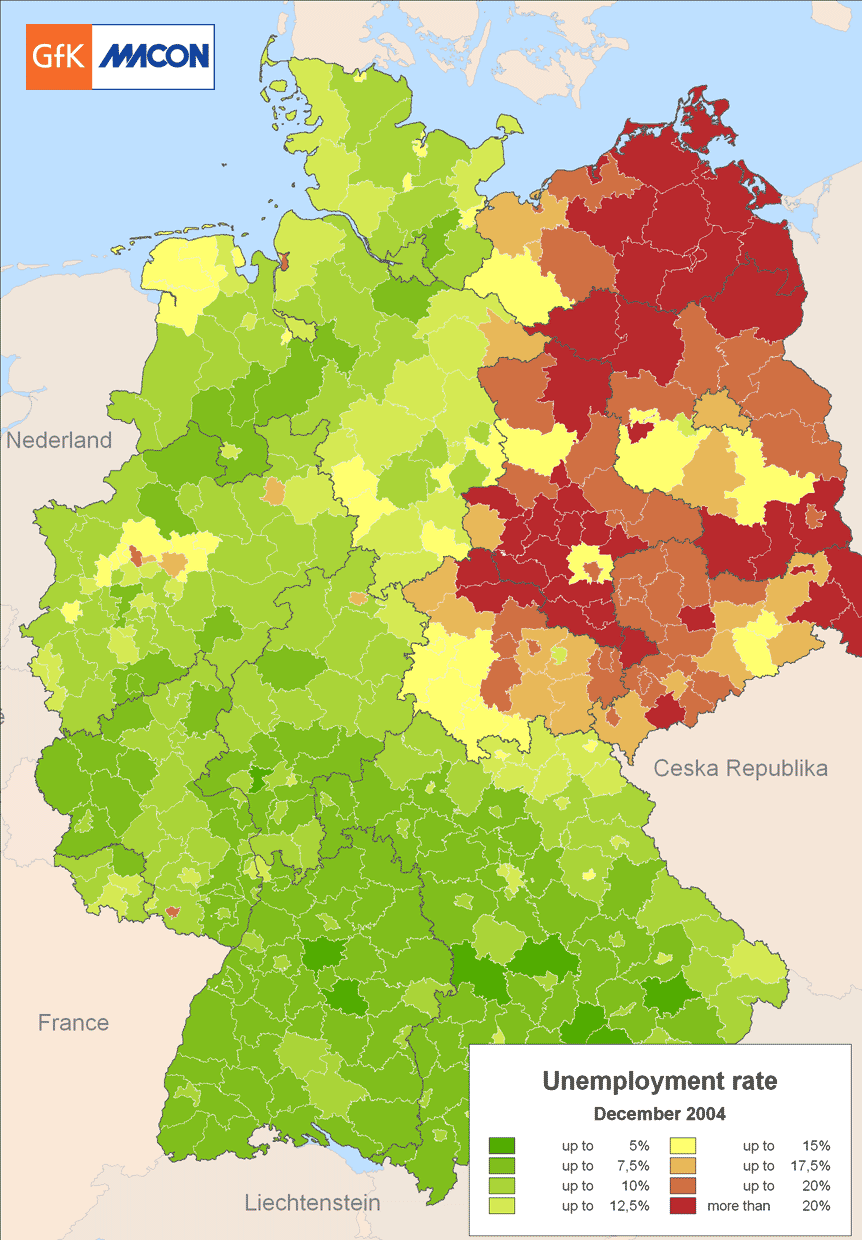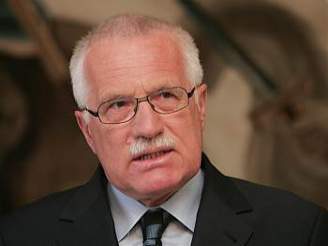Results?
unevenness

East Germany
a unique and fortunate position
gets to rejoin Europe's strongest economy
government commits to parity in currency exchange
wage parity (not exactly in reality)
yet,
germany poured tens of billions of dollars into east
1991
est. $86 bln; 1992 $100 bln!!
for unemployment compensation, subsidies (to
households)
infrastructure
roads, bridges
communications network updated to fiber optics, digital
Despite this seeming
generousity tensions between "ossies" and "wessies" grew
Why? What are the
perceptions of each other?
Results?
unevenness

PHARE (Asst for Restructuring
Poland and Hungary originally
– but expanded to include all former Satellites,
former Yugoslavia,
Albania and the Baltics)
Budget
for PHARE about $1 bln per
yr at end of 90s
TACIS (Technical Assistantce to
the CIS)
TACIS also about $1
bln in mid-late 90s
Grants not loans!!
EU provided 70% of W. aid to CE Eur and 60% of W. aid to the FSU
Provided roughly $20 bln
to CE countries
Aims of PHARE/TACIS:
technical assistance
in privatization, management,
developing financial institutions and expertise;
improving communications and physical infrastructure.
“Social
Dialogue” component of PHARE to help build civil society
through grants
to NGOs.
US
Stingier but had SEED (Support for East European Democracy)FREEDOM (for FSU)
2001
budget $830 mln
Economic
Reform:
Gradualism vs. Shock Therapy
end of CMEA
Soviet economy shrinks, stops paying for goods
produced in CE
Demand dries up
Shock Therapy
Harvard economist Jeffrey
Sachs

New
Yorker Review of Sachs/The End of Poverty
Leszek Balcerowicz

Polish economist/Finance Minister in first
Solidarity-led govts (Mazowiecki and Suchocka)

Shock therapy
1. free prices
2. freeze wages (to curb inflation)
3. tight monetary policy (again to curb
inflation)
Do it all very quickly
Czechoslovak Finance
Minister Vaclav Klaus

"We want to create an ideological turnpike (highway), not travel the winding roads of one system to another. We want to enter an ideological turnpike and proceed as fast as possible toward a market economy," (Stokes, 191).
Why do everything at
once, move so quickly?
pros, cons
Who does shock
therapy?
Whoe does gradualist
route?
Privatization
problematic - why?
Janusz Lewandowksi quote,
"Privatization is when someone
who really doesn't know who the real owner is
and doesn't know what's really worth
sells something to someone
who doesn't have any money," (Stokes, 196)
"Nomenklatura
Privatization"
who were the nomenklatura?
what does this mean?
Official
Privatization Plans
Poland
universal
for all Poles
distributive justice principal
to be invested/managed by third party,
holding firms
to protect uniformed investors
and for workers
in specific firms being privatized
strong labor movement, councils
push for role in management
voice in negotiating with new owners,
investors
people suspect, scoffed at it
Czech Republic
universal right but had to register, owners
had some risk
given vouchers (equal to about half month's wages)
to invest in stock (could manage yourself or
through investment
firm)
to teach citizens by exposing them to risks
learning from experience
added benefit of creating/boosting
new stock exchange
Hungary
advantages of "goulash communism"
centralized process
had more time, no elections til 1994
larger bloc
FDI successes
Privatization barriers:
valuing assets, sorting out profitable
from unprofitable aspects of each enterprise inefficiency, swollen
workforces
with wrong work ethic
Other problems:
organized crime, Russia esp. protection
rackets, money laudering, decline faith/availablity of credit from
Western
banks, IMF
"kleptocracy"